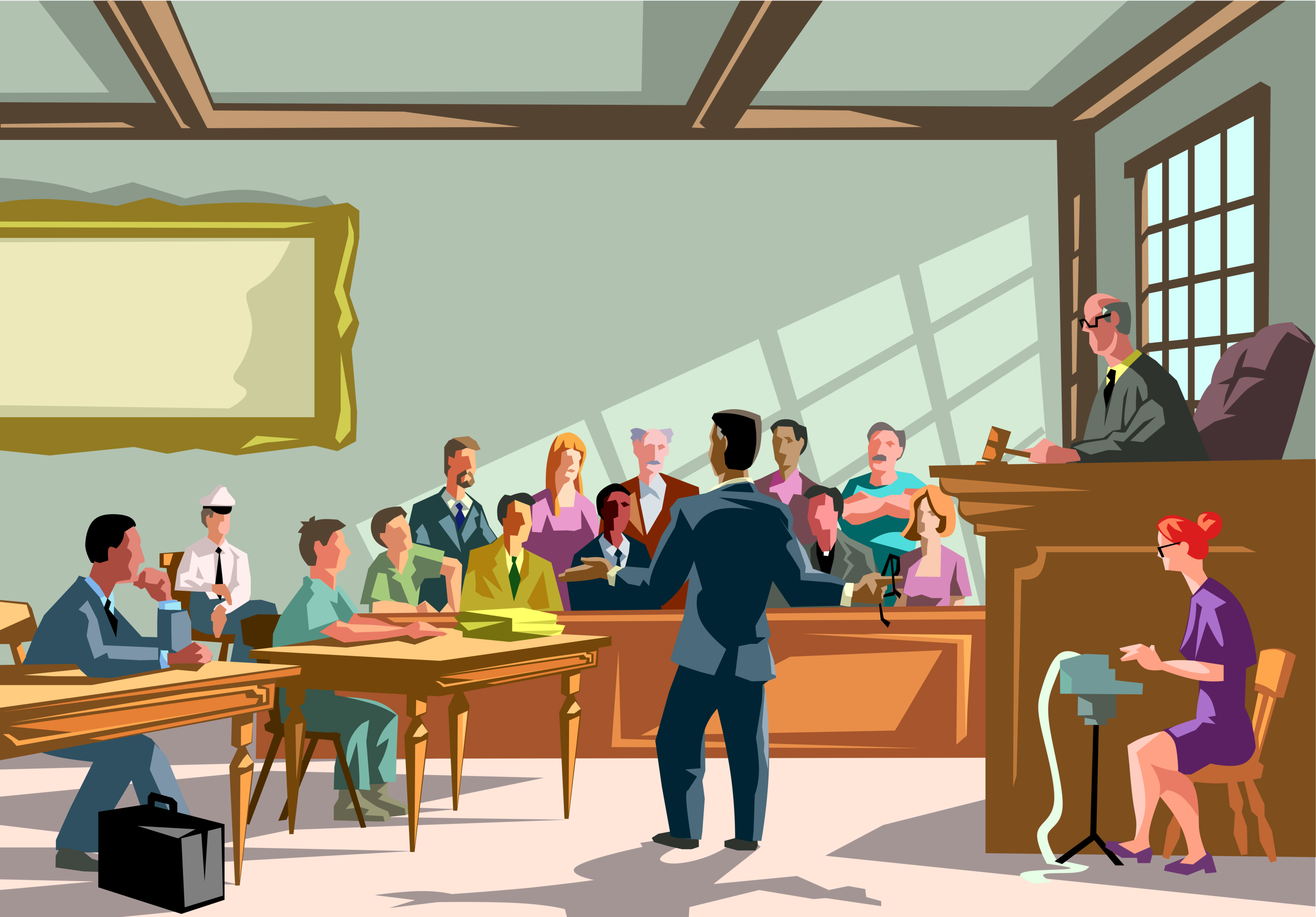Self-defense, mistaken identity, lack of intent, coercion, etc. can be legit factors depending on the details of the case.
It’s no secret that navigating the complex justice system is a little daunting—Especially when you’re facing serious charges. Such circumstances really test you in all ways. Though federal criminal defense attorneys can certainly help, we highly recommend familiarizing yourself with the fundamentals of criminal defense for a solid understanding.
Knowing all this can help prepare your defense properly and it could very well be the difference between acquittal and conviction, freedom and imprisonment.
In this article, we aim to shed some light on the various aspects of building a strong defense and tell you about the strategies employed by skilled criminal defense lawyers.
1. Thorough Case Evaluation
Conducting a thorough case evaluation is often the first and foundational step in preparing a successful criminal defense strategy. Skilled defense attorneys can delve deeper into the details of the case to uncover potential strengths and weaknesses—Aided by their experience in handling such cases.
Attorneys typically examine all available evidence and interview the witnesses, review police reports, and scrutinize all relevant documents to come to a better understanding of how to win, maximize benefits, or reduce risk and exposure.
A clear understanding of the facts and the potential defenses is critical to identify constitutional violations, procedural errors, and so on. Any inconsistency in the prosecution’s case can be used in your favor.
Thorough case evaluations also help attorneys assess witness credibility and spot any potential evidentiary issues that might become a problem down the line.
Last but not least, it also allows investigators and attorneys to identify any missing or overlooked evidence that may be crucial to the defense.
2. Effective Investigation and Evidence Gathering
Investigation and evidence gathering form the crux of a criminal defense attorney’s work. Meticulous investigation can uncover facts and challenge the prosecutor’s narrative while helping you present a compelling case in court.
Most investigations usually begin with a careful examination of the available evidence. It’s very important to conduct an independent inquiry to seek additional information from the evidence and witnesses provided by the prosecution.
The job of an attorney is so much more than interviewing witnesses, visiting the crime scene, or reviewing surveillance footage—It goes above and beyond all that and can help them uncover important facts that can make life easier for you in court.
Digging deeper into the details almost always helps an attorney identify inconsistencies or arrive at alternative explanations. These can all be mitigating factors that can influence the case’s outcome remarkably.
3. Challenging the Prosecution’s Case
An attorney can’t craft a persuasive argument to cast doubt on the prosecution’s version of events if he or she doesn’t examine the evidence to identify weaknesses and find gaps or inconsistencies.
An attorney might choose to focus on one of the various aspects.
For example, let’s assume a person is charged with the illegal possession of a firearm. A skilled Indiana gun crime attorney can challenge the prosecution’s case by questioning the credibility of the witnesses and disputing the very admissibility of evidence.

The attorney will thoroughly cross-examine the arresting officer and highlight any inconsistencies in the testimony or potential violations of the defendant’s rights during the arrest.
It’s also possible to present evidence that contradicts witness testimony or highlight any inconsistency in their statements. It allows you to challenge the prosecutor’s case with the help of critical analysis to question the reliability or credibility of witnesses.
4. Strategic Use of Expert Witnesses
Expert witnesses are not a part of all criminal defense cases but they play a crucial role in many. They can bolster the defense’s position and provide valuable insights to challenge the prosecution’s case.
An expert witness can be used strategically—First, it has to be identified where their expertise can have the biggest impact and then it has to be worked out how their testimony can be aligned with the defense’s theory of the case.
It’s not rare for knowledgeable Indiana drug crime lawyers to use expert witnesses to strategically challenge the prosecution’s case. It can involve consulting with a forensic toxicologist to analyze the substance in question and determine its purity or composition.
The expert witness can then provide testimony that challenges the prosecutor’s assertions like disputing the intent to distribute or raising doubts about the dependability of drug identification methods used by law enforcement.
Scientific evidence and expert testimony can help your criminal defense attorney cast doubt on the prosecutor’s claims and undermine the strength of their case.
5. Compelling Defense Narrative
No case can succeed in court without a compelling narrative. There has to be a reason why the defendant should be acquitted or treated with more mercy.
A compelling narrative has a coherent and persuasive storyline that presents the defendant’s version of events credibly. A good narrative challenges the prosecution’s case and raises reasonable doubt while potentially providing an alternative explanation favoring the defendant.
It’s also important to consider the broader context and circumstances that might have influenced the events leading to the alleged crime. Self-defense, mistaken identity, lack of intent, coercion, etc. can be legit factors depending on the details of the case.
Wrapping Up
It’s not easy to win in the courtroom especially when the odds are stacked against you. And whereas good criminal defense attorneys can indeed make all the difference, it’s also important to know that your own grasp of the essentials and the understanding of criminal defense fundamentals is pivotal in ensuring the success of a case.


Join the conversation!